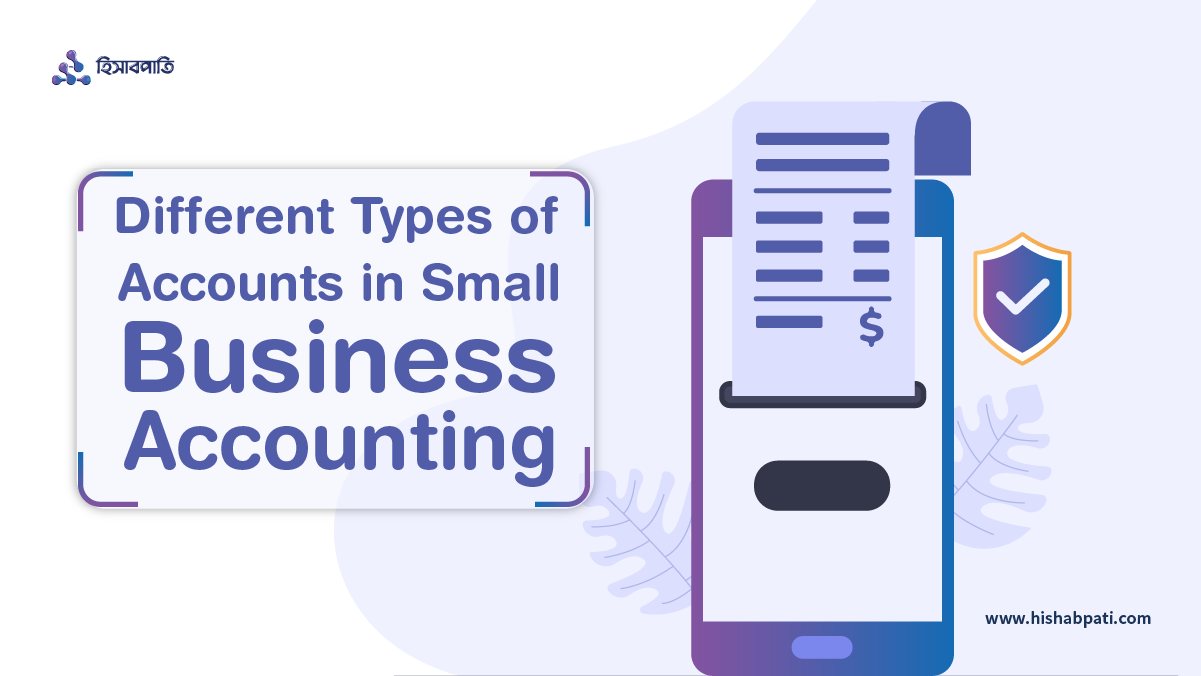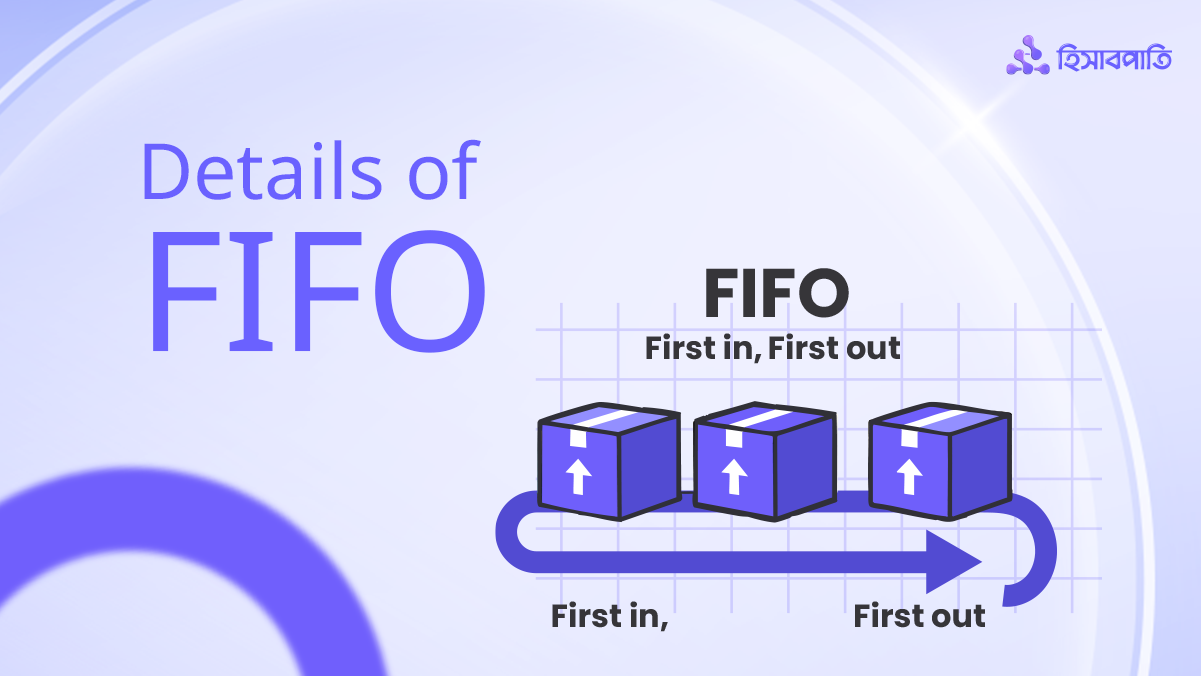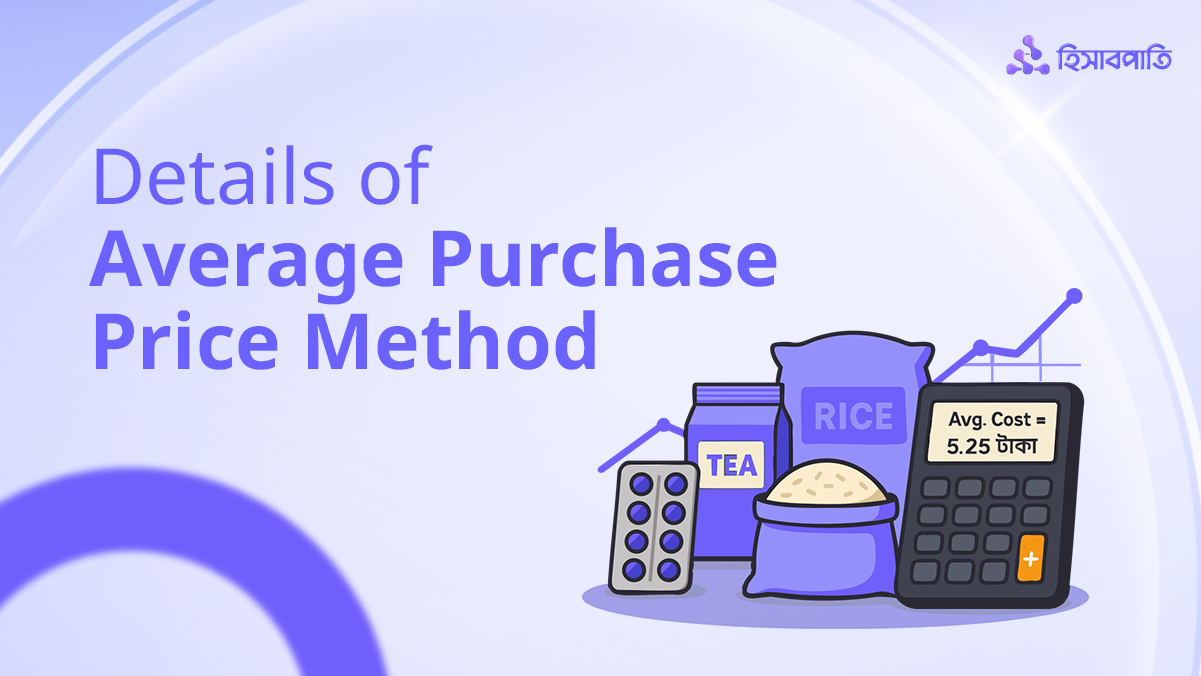If you are an owner of a small business, you will want to grow your business at some point in time for sure. You need a good idea about your business’s financial condition to grow your business. It will help if you also prepare different financial statements for this. Apart from this, as a businessman, keeping track of your various business transactions is your duty. Whether you want to grow your business or manage it effectively, you need to have a clear understanding of various aspects of small business accounting.
With this in mind, we have created this article on "Various Aspects of Small Business Accounting." So, without further delay, let's first understand what small business accounting actually is.
What is Small Business Accounting?
Small business accounting refers to a process where you track all transactions that have taken place in your business and then analyze them for the long-term development of your business.
It will be tough for you to keep track of all your business accounts and assets as a small businessman. You need to appoint an accountant and select accounting software for this. In this case, HishabPati can be a suitable choice for your business. You can use this software effortlessly on your mobiles, desktops, laptops, and tabs for free and also in affordable packages.
By using such software, your accountant can easily keep track of all business transactions, including purchases, sales, liabilities, and expenses—essentially monitoring how much cash is flowing out of the business and how much is coming in. The software will also help you prepare various financial statements for long-term business development, such as income statements, cash flow statements, and balance sheets. HishabPati is such an accounting software. You can download the HishabPati app for free and try the basic package at no cost.
Let’s go directly to our main discussion after knowing what small business accounting is.
Different Kinds of Accounts in Small Business Accounting
All accounts of your business are divided into various categories to prepare the financial statements necessary to analyze the financial state of your small business. Those accounts are mentioned below:
1. Assets
2. Liabilities
3. Equity Account
4. Income
5. Expenses
6. Bank Accounts
7. Cash Accounts
8. Undeposited Funds
9. Credit Cards
10. Accounts Receivable
11. Accounts Payable
12. Foreign Exchange
13. Cost of Goods Sold
14. HSA or Health Spending Account
Now, let’s discuss thoroughly each of these accounts.
1. Assets
This account entails the assets that are under the business i.e. the business is the owner of which assets. Each business has different kinds of assets that add much value to the business. These can be either tangible or intangible assets. You can either keep an account or sub-accounts in your accounting system.
Assets are crucial to controlling balance sheets and sales tax returns. Assets have resale value and generally, get depreciated with time. Depreciation is your tax return’s part and your accountant integrates it according to local tax principles. The assets account has all your assets, liabilities, accounts receivable, and inventory information.
2. Liabilities
Liabilities are future expenses or a type of debt. Debts can be both long-term and short-term. If you have taken a one-year loan, that will be a short-term liability, and if it’s a five-year loan, it will be a long-term liability. If clients make advance payments for any task, that will also be a type of liability.
Your accountant should list all of your payments, expenses, taxes, and other liabilities in the accounting software so that you can pay all liabilities on time and don’t miss any of them. Keep all these under the accounts payable account so you don’t lose track.
3. Equity Account
Owner’s equity or equity means the money or value created or invested in the business. You can develop equity in different ways in a business such as from invested capital in the business or the money that the owners invest, or from any previous year’s retained earnings. You can invest a large amount of money in your business or you can be a sole proprietor who has collected a large sum of money to begin the business. In both cases, you will keep the owner’s equity in your business’s equity account or general ledger.
In the case of small business accounting, you need to prepare the equity account in the very beginning. Because then you will be able to track your business’s financial state or statement using the equity account and measure the equity revenue. It will let you plan for the coming year by applying the retained earnings.
4. Income
You keep track of your business’s revenue sources in this account. It is quite vital for a small business because many small businesses don’t keep track of their cash flows properly. A small business can earn from different sources in its initial stage, if you keep track of those sources separately, there won’t be any chance of losing any of them. The number of sub-accounts in your income account depends on how much detailed you want your report to be.
The best thing will be to ask your accountant to keep all the accounts in a method called accrual accounting. Then you’ll get all your business revenues in the same place. If your income sources are numerous, you can maintain different bank accounts for different incomes.
5. Expenses
The expenses account keeps track of products or services on which you spend money that doesn’t have resale value. If any item has resale value, that is included in the assets account. Different countries have different rules for keeping accounts of expenses, so you can talk to your accountant about it so that you don’t have any problem regarding expenses account in the year-ending.
You will get quite a privilege if you maintain different bank accounts for different expenses. You can make charts of different expenses such as office supplies, sales taxes, general taxes, assets and liabilities, employee salaries, and miscellaneous expenses. Classify your different expenses so that you don’t lose any expenses.
You will get privileges if you use the accrual accounting method for keeping expense accounts like income accounts.
6. Bank Accounts
Link this account to the bank to which you have linked your business. You must connect cash accounts, credit card accounts, and check accounts to this account. If you can connect all your accounts to the bank account, all your accounts will be saved in a secure place.
You can have different accounts in the same bank, again, you can have accounts in different banks. You just need to ensure that your bank account has your business’s name.
7. Cash Accounts
Your business’s all major cash flows are calculated with cash accounts. Expenses in your local currency, taxes, deposits, and standard incomes are under this account. You can use more than one cash account to manage your separate expenses.
8. Undeposited Funds
A long ago when there was no bank or mobile banking, businesses used to have monetary transactions through envelopes. Then people also took loans and all transactions were recorded with paper and pen. Now, everything has changed.
All on-sided transactions and loans are now considered undeposited funds. Now, you can make all your transactions through banks or you can transfer money from one account to another account. Thus, you can send money to the right account through your business organization.
9. Credit Cards
You keep track of the credit cards related to your business through this account. Why will you lag when the whole world is heading toward cashless transactions? Your business’s cash accounts will always be there, but it will be convenient for you if most of the transactions take place through credit cards. Because credit cards will help you keep track of all your expenses and payments.
This account represents the accounting and financial payments that you make through credit cards. It is crucial for any small business because these businesses are generally prone to face financial problems.
10. Accounts Receivable
When you have started making sales but have not yet received cash from your customers, it is called accounts receivable. Your accountant's accounting system has a list of invoices that your business hasn't received yet.
Your business needs to collect all the money from customers as soon as possible. If you have too many invoices owed, it can cause major financial problems for your company. So make sure that doesn't happen.
11. Accounts Payable
When you use an accounting system or software to keep track of everything, it starts keeping track of all the dues and then reminds you to pay on time. Accounts payable are expenses that you haven't paid yet.
If you don't pay your dues, it can create problems for other types of accounts in small business accounting.
12. Foreign Exchange
If your business earns foreign currency by supplying goods outside your country, you will need a different bank account to account for that revenue. Keeping a foreign currency account is very important as you will be dealing in foreign cash. In terms of foreign invoices, you have to go through sales tax, export, and import tax, that is, local payment bills and foreign payments will be different from each other.
You may need to create different types of accounts in small business accounting to deal with foreign issues. Make sure those accounts correspond to your foreign currency.
13. Cost of Goods Sold
Whether you open multiple bank accounts for all the goods sold depends entirely on how many products you have sold in how many areas. To sell a product you have to go through three stages, the production stage, collection stage, and distribution stage. You should have a general account of everything that is happening at each stage.
Also, keep in mind if you ship your products abroad.
14. HSA or Health Spending Account
Being the sole owner of your own company will make you want to live a happy life after your retirement. And for that, you have to prepare from the initial stage. A health expense account is a tax plan that tries to solve all your tax problems and turns your medical expenses into business deductions. Health cost accounting is a modified version of insurance accounting.
Using this account you can easily remove applicable taxes to secure your insurance plan. It is not wise to open this account a few months before your retirement. Try opening it beforehand to be properly prepared.
Final Words
Hopefully, reading this article has given you a clear understanding of the different types of accounts in small business accounting. So keep all your small business accounts properly and help your business grow and become a successful businessperson yourself.






